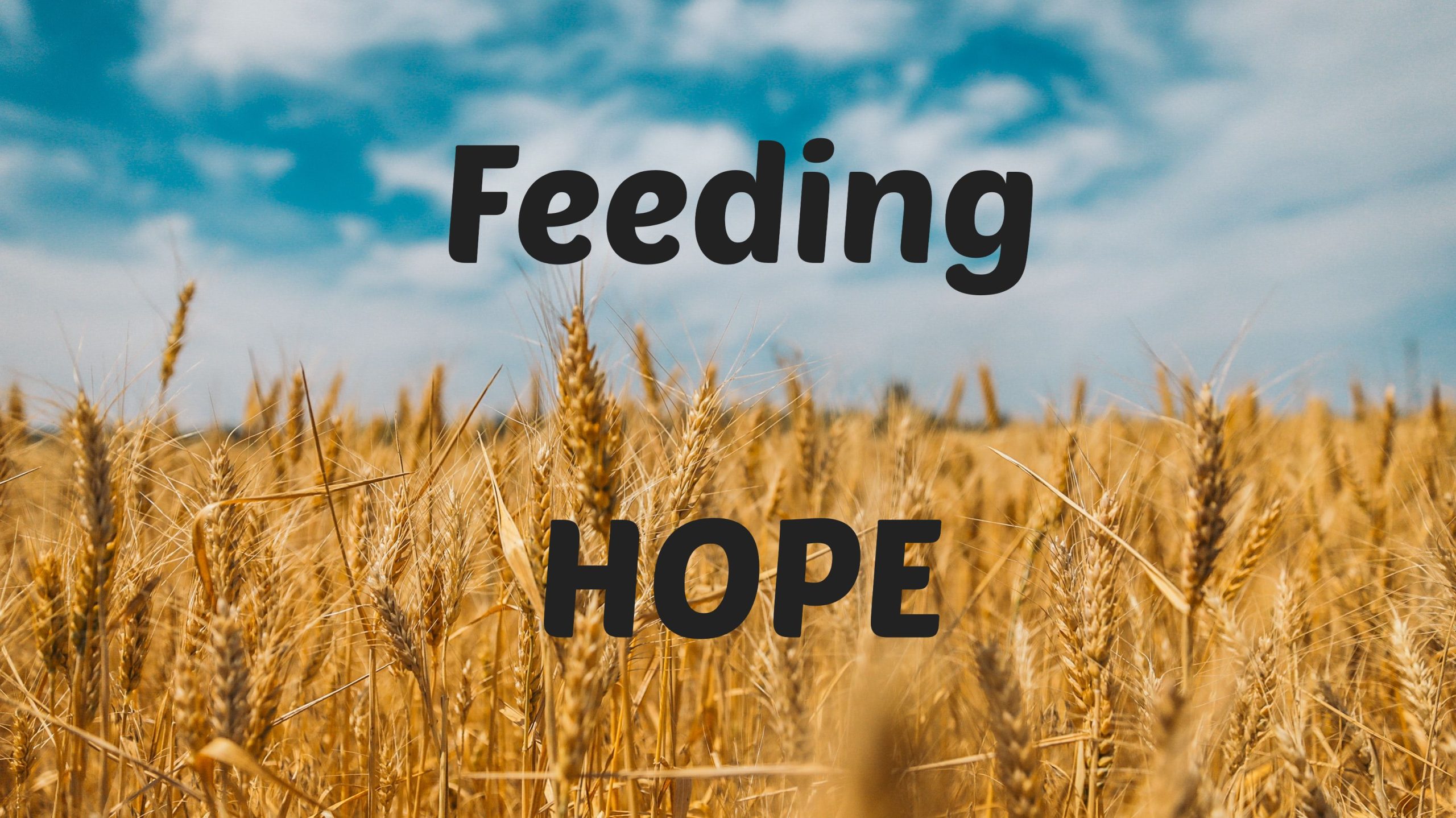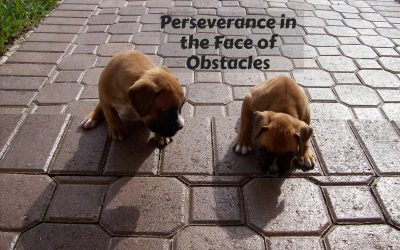Feeding Hope
I welcomed the end of the dry season as the rains started up again. Not yet with the regularity of the full-blown rainy season, but we can tell it’s coming. And not a moment too soon.
My garden was wilting. But my schedule caused me to put watering and landscaping care on the bottom of a long to-do list. Flower stalks drooped a little more with each passing day. And each day, I told myself I would get to properly tending my garden tomorrow, hoping that maybe by tomorrow a rainstorm would eliminate that task for me.
Like my garden, living things need to be fed. If they’re not fed, they will starve to death. Little by little, strength is sapped and life seeps out until nothing is left.
Hope is a living thing. And like all living things, hope has to be fed or it will also starve.
Two examples from the Bible:
Acts 7:23 tells us Moses was forty years old when he fled Egypt after killing a man. And Acts 7:30 tells us he was then in the Midianite desert for forty years. Forty years of shepherding sheep—a far cry from his royal upbringing in palatial surroundings. Did Moses ever think about what he left? Wearing scratchy shepherd’s clothing in the heat of the day, did he long for the soft royal robes he once wore? In the isolation of dark nights with nothing but bleating sheep for company, did he recall the many servants who had supplied his every need before he asked? I wonder, was Moses’s hope slowly starving?
Or consider Ruth, the Moabitess. Ruth 2:23 tells us she worked, gleaning the fields, through two different harvests—during a period of at least two months. While two months doesn’t sound very long, put yourself in Ruth’s sandals. Working in the hot sun, rescuing scraps of grain plants left by the harvesters, physically exhausted from the daily back-breaking effort. Even when relief could be expected at the end of the harvest, their source of food would then disappear. Would they starve? Starvation wasn’t just a physical concern. Her situation could have starved her hope. But we have no record of that in the book of Ruth. Instead, she obediently and loyally provides for her mother-in-law one day at a time.
Feeding our hope:
So how do we feed our hope?
- Refocus our eyes off our circumstances. This doesn’t mean living in denial. But it does mean we don’t have to focus on our situation to the exclusion of all else.
- Rehearse God’s past faithfulness. Beginning with the gift of salvation, how has God responded to our needs in the past? How does this help us face our present circumstances?
- Remember God’s promises. What promises in the Bible can encourage us in our current situation? Memorize them!
- Refresh our understanding of God’s nature and His ways. God chose to reveal Himself in His Word through specific names and attributes. Each of these descriptions feed our hope by reminding us of who we belong to.
- Relate your concerns in prayer. Telling God about our dissipating hope isn’t a matter of informing Him of something He doesn’t know. Do we really think God doesn’t know about our situation? Or that He doesn’t care? Instead, prayer is about reminding ourselves that we are not alone. God is still in control.
- Receive encouragement from others. Being a Christian is not for Lone Rangers. When our hope dwindles, it’s easy to isolate ourselves. And that’s exactly what the enemy wants us to do. But the Church is a family. A community. And our brothers and sisters in Christ won’t be able to encourage us if they don’t know what we’re feeling.
God is still at work, whether we can see it or not. Consider Moses once again. It may have appeared to him that God had forgotten His people. But God had predicted to Abraham that His people would be enslaved for 400 years before they would be freed (Genesis 15:13-14). So God’s plan was right on schedule. And Ruth would soon be redeemed by Boaz, elevated from a foreign widow to become an ancestor of King David . . . and the Messiah, Jesus Christ.
Harriet Beecher Stowe sums up our response when hope dwindles:
“When you get into a tight place and everything goes against you, till it seems as though you could not hold on a minute longer, never give up then, for that is just the place and time that the tide will turn. When you’re down to nothing, God is up to something. The faithful see the invisible, believe the incredible and then receive the impossible.”
What are you hoping for? See the invisible, believe the incredible, and receive the impossible!






Thank you for this word of encouragement. I hope I can live out your points on how to feed our hope.
Ava, My husband and I read your book together about the names of God and were truly blessed by it, so I wanted to say thank you for that and for your blog. Your insight is very Spirit filled and I know God is using you in a mighty way. Thank you very much for your dedication and commitment to our Lord. One of the verses I’m memorizing at this time is Romans 15:13, “Now may the God of hope fill you with all joy and peace as you trust in Him, so that you may overflow with hope by the power of the Holy Spirit.”
Thank you, Karen. I’m so glad the devotional was a blessing!
I’ve never analyzed my hope like you have, but your are absolutely right!
We must not give in to despair, even with all the troubles in the world. We must feed hope and lean into God.
Great encouragement here, Ava, in so many ways. Thank you for backing up these statements with those who have gone before us who have ended up wandering in the desert, and/or who have cried out to God for help. The Lord saw Ruth through the situation, and He saw Moses through his time of the desert and right out the other side where he went toe to toe with Pharaoh. The Lord works in our lives to bring about the goodness that is His will for our lives. Our need is to trust Him, to recall that these prayers we set up are needs already known to Him. A great post!
Such truth here. I, too, have found that when I feel hopeless and just make that conscious decision to stay put and trust, that’s when everything changes.
Some days I really have to work harder at feeding my hope. Thanks for the wonderful suggestions on how to do that daily.
Ava, I’ve never considered this analogy of feeding or starving hope. And your examples of Moses and Ruth drove home the point that hope certainly can starve and wilt away if it’s not fed. And I love this, “God is still at work, whether we can see it or not.”